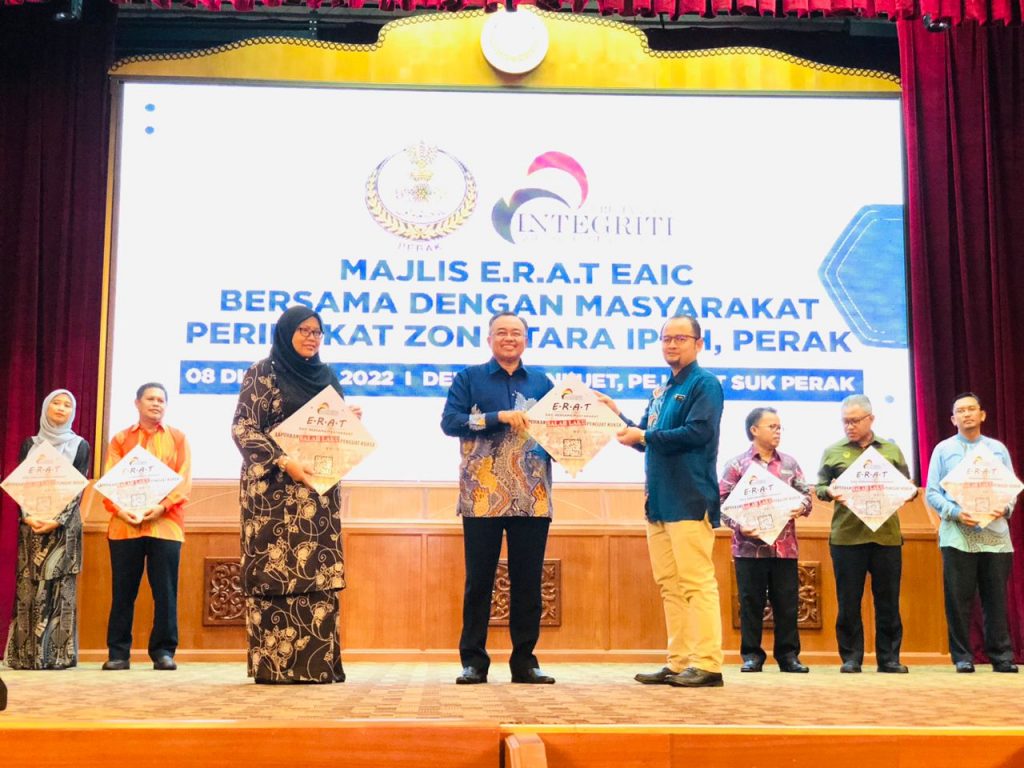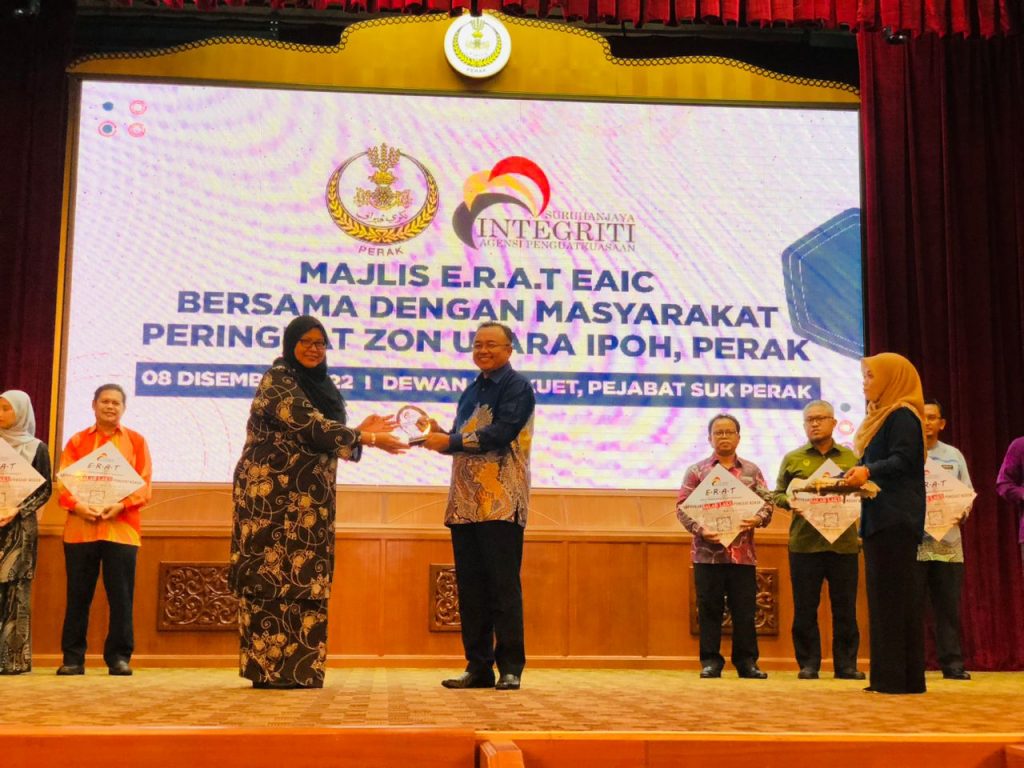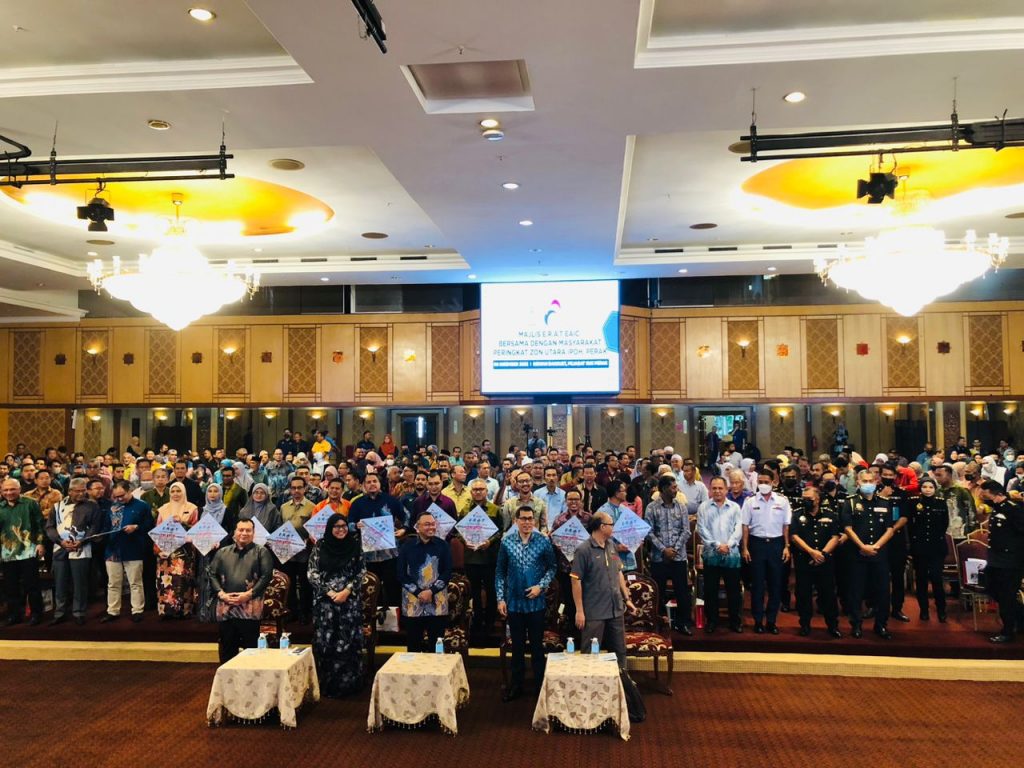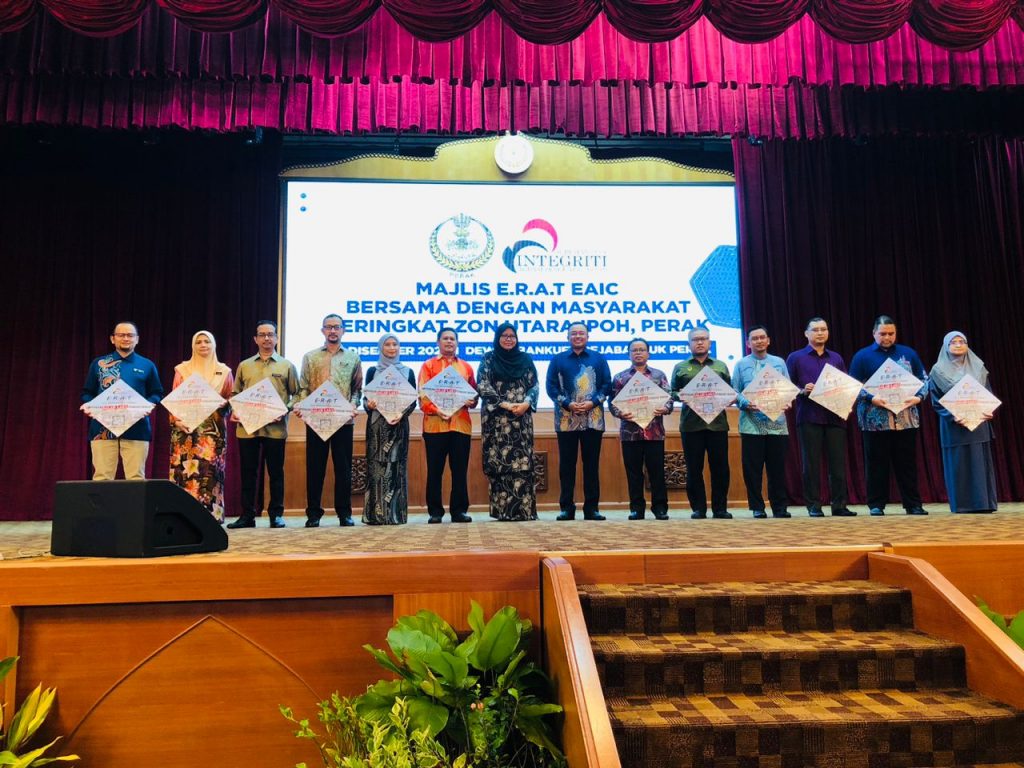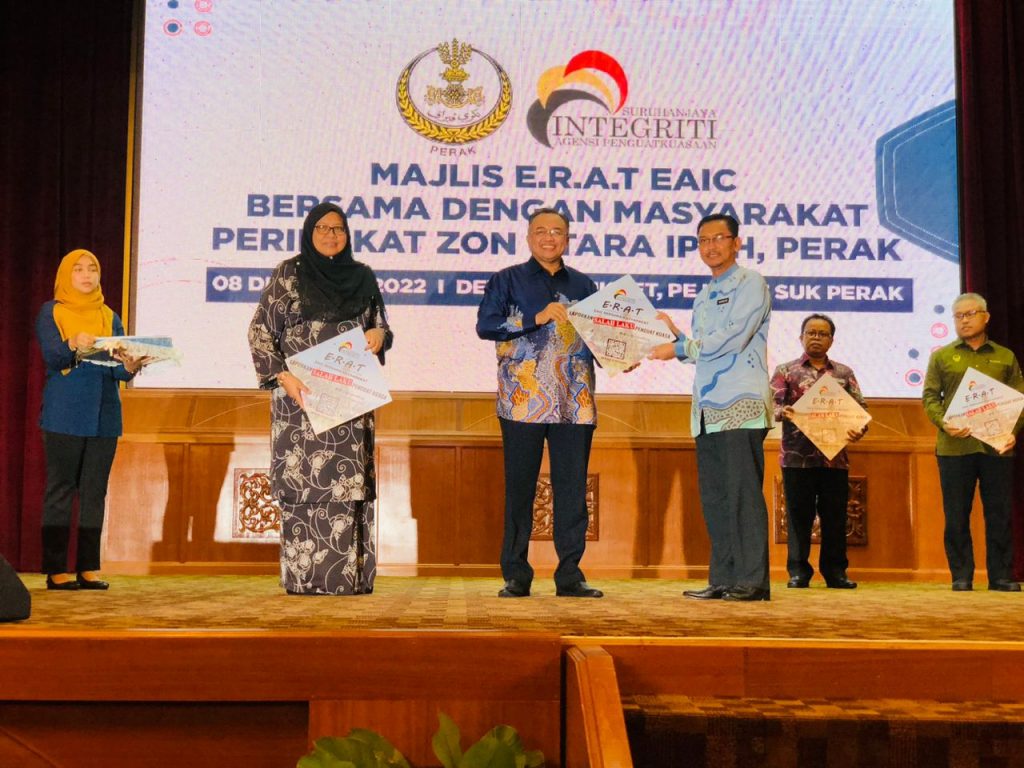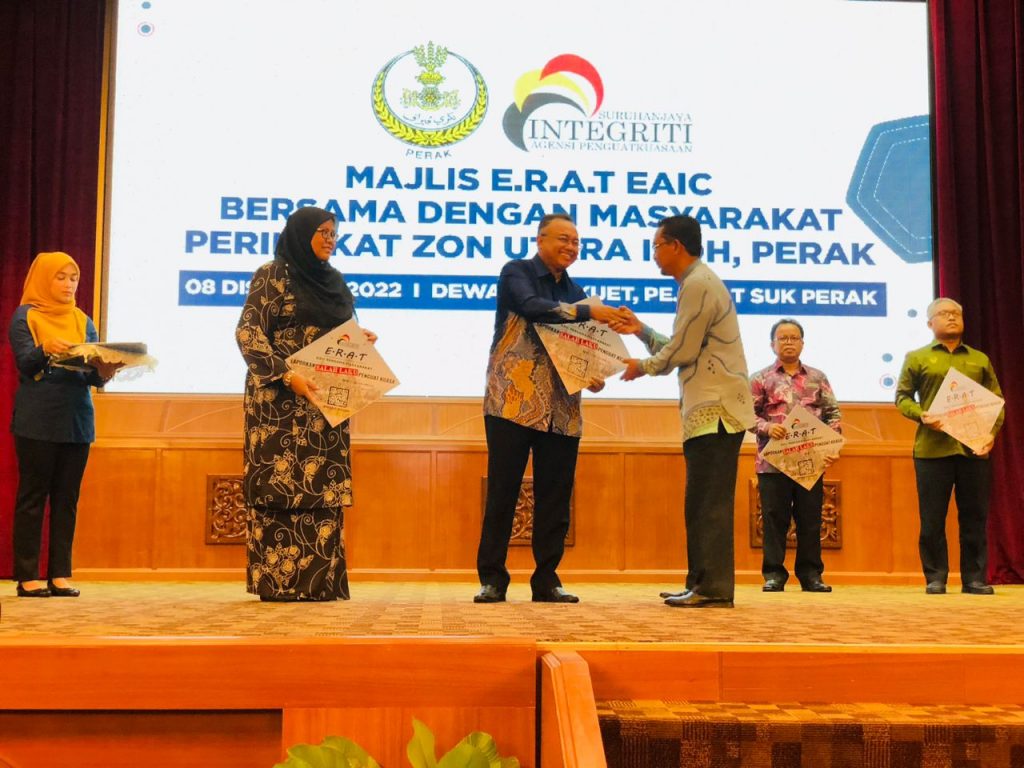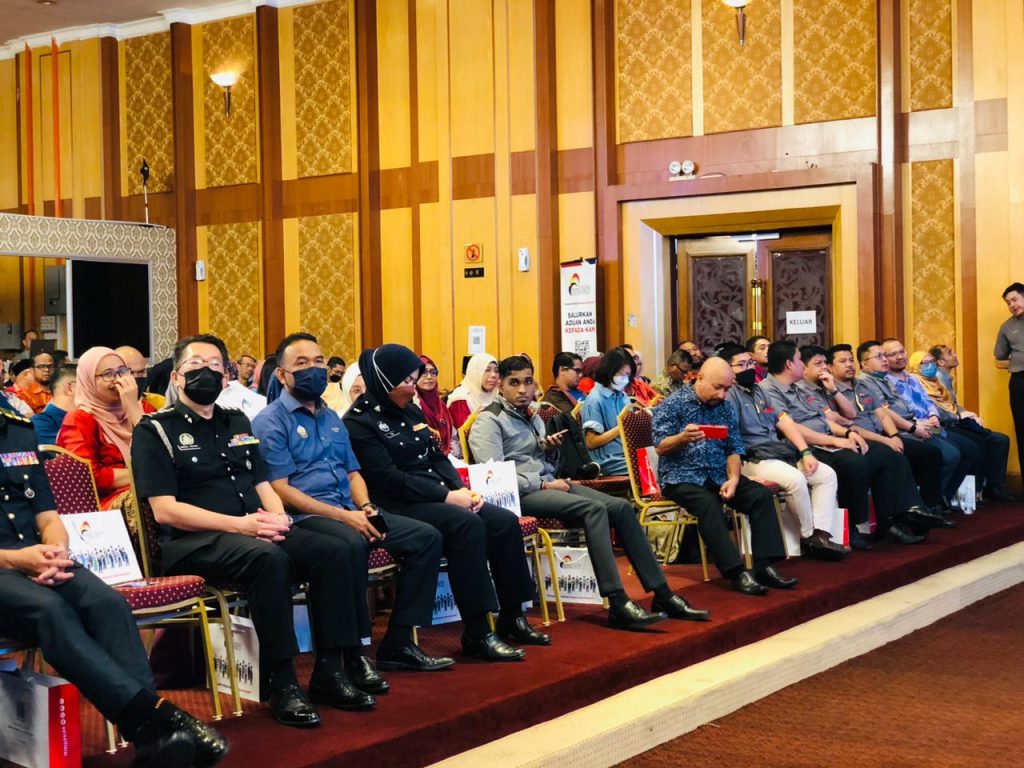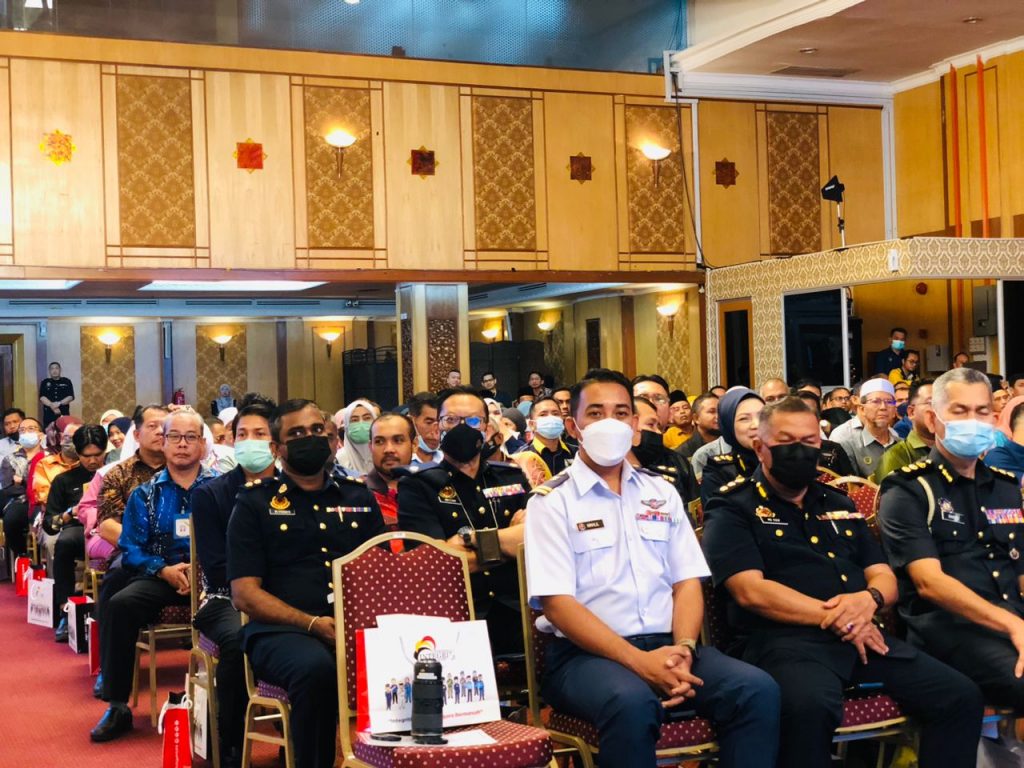EAIC says complaints against enforcement agencies should be seen as ‘gifts’
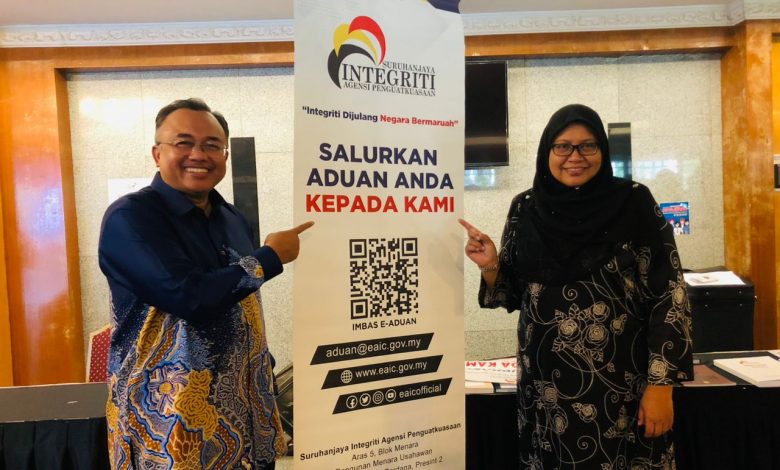

by Rosli Mansor
A total of 653 complaints were received by the Enforcement Agency Integrity Commission (EAIC) as of December 5, regarding the dissatisfaction and inefficiency of enforcement agencies throughout Malaysia.
Chief Executive Officer of EAIC, Norhayati Ahmad said, of that number, the highest number of complaints involved the Royal Malaysian Police (PDRM) with 467 complaints or 70 percent.
“In addition, 37 complaints or 6 percent, involved the Malaysian Immigration Department (JIM), 11 complaints or 2 percent, the Road Transport Department (JPJ).
“9 complaints or 1 percent, involve the Royal Malaysian Customs Department (JKDM) and 141 or 21 percent of complaints involve other enforcement agencies.
“Of this total, 39 complaints regarding alleged misconduct were received in the state of Perak, namely 29 complaints involving PDRM, two JKDM, one complaint involving APMM and JIM, one complaint APMM and the Malaysian Fisheries Department (DOF), with six complaints involving agencies that are not under EAIC supervision,” she said.
She said this while speaking at the Encouraging Responsibility Accountability Trustworthiness (ERAT) EAIC Council with the North Zone Community Level, at the Perak Darul Ridzuan Building on Thursday.
Also present was the Secretary of the Perak State Government, Datuk Ahmad Suaidi Abdul Rahim.
In the meantime, Norhayati said EAIC regulates as many as 21 agencies such as PDRM, JPJ, JIM and JKDM.
She also said that Perak is the second state for the programme’s tour, having been organised in Kelantan recently.
She said that the EAIC functions to contain and combat the misconduct of law enforcement officers as well as strengthen integrity among law enforcement officers and enforcement agencies.
She said complaints received from the community regarding misconduct or weaknesses of enforcement agencies should be seen as a gift.
“Enforcement agencies often receive complaints regarding dissatisfaction with the procedures and services provided, which are often associated with inefficiency and misconduct.
“Through the complaints, weaknesses in procedures and services can be identified and improved,” she said.
She added that the establishment of the EAIC was not to find fault or expose enforcement officials or enforcement agencies.
On the other hand, it should be seen as a medium to help law enforcement officers and enforcement agencies in strengthening integrity and improving the quality of accountability in the country’s enforcement institutions.
